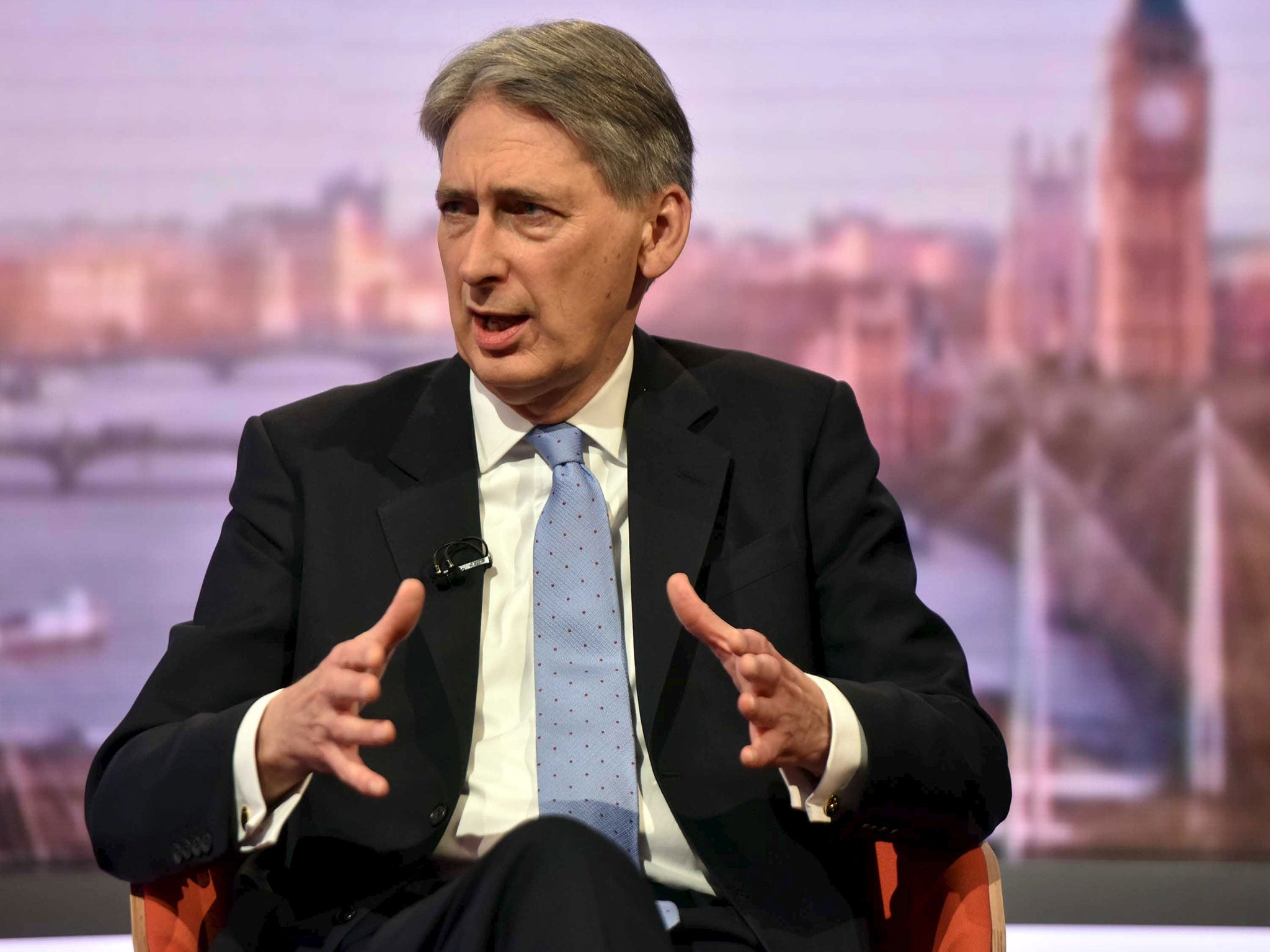EU referendum: Tory battle lines harden as Europe negotiations enter their final days
David Cameron is warned by the 1922 Committee, while the Foreign Secretary predicts a hostile post-Brexit Europe

Eurosceptic Tory ministers must be free to speak out against Britain’s continued EU membership within hours of any successful renegotiation in Brussels next week, David Cameron has been warned.
In a rare intervention, the head of the Conservative Party’s powerful backbench 1922 Committee said it was “essential” for Mr Cameron to hold a key Cabinet meeting to fire the starting gun on the referendum as soon as he returns from the summit on 19 February.
Graham Brady added that it would be unacceptable for Mr Cameron to delay the meeting until the following week and so have “the whole weekend to himself to put one side of the argument”.
“People want an honest, fair debate; they want an honest, fair campaign,” he said.
“It’s in the interests of both sides to have an early Cabinet meeting to make sure that people who want to speak out, people who want to exploit their freedom of conscience that has rightly been agreed, can do so as soon as possible.”
Asked whether that meant he wanted a Cabinet meeting on Saturday, he said: “If it can take place on Friday, it would be even better.”
Mr Brady’s comments came as the Foreign Secretary, Philip Hammond, warned that Britain would be punished by other EU members if it voted to leave. Speaking to the BBC, Mr Hammond said that negotiations would run “right to the wire” but urged voters to think very carefully before rejecting the package on offer.
“People who say we would do a great deal if we left forget that the countries remaining in the EU will be looking over their shoulder at people in their own countries saying, ‘Well, if the Brits can do it, why can’t we?’,” he said.
“They will not have an interest in demonstrating that we can succeed outside the EU.”
Mr Hammond said there were still “a lot of moving parts” in the draft deal tabled by European Council president Donald Tusk but the UK had already secured an exemption from “ever-closer union” and a “major breakthrough” on restricting migrant benefits.
“Until a few weeks ago people were telling us it was impossible to have any kind of period in which we treated newly arrived migrants differently from people who were already here,” he said.
“But the text that is on the table recognises that there can be a period of four years in which people are treated differently. That is a major step forward.
“What we have still got to discuss is what that difference in treatment precisely is ... I don’t think that is going to get resolved before Thursday.”
Challenged that the proposals on the table fell short of the Tory manifesto pledge of a four-year ban on migrants claiming in-work benefits, Mr Hammond said: “Let’s look at it in the round. There may be areas where we get more than we expected to get and areas where we get slightly less than we expected to get. But it would be absurd not to look at the package in the round.
“Look at all the pluses, all the minuses and weigh the balance.”
Meanwhile, two senior travel-industry figures cautioned that flight prices could rise and tourist safety could be compromised by Brexit.
Writing in The Sunday Times, Easyjet chief Carolyn McCall suggested Brexit could herald a return to the days when flying was “reserved for the elite”.
“The EU has brought huge benefits for UK travellers and businesses. Staying in the EU will ensure that they, and all of us, continue to receive them,” she wrote.
“How much you pay for your holiday really does depend on how much influence Britain has in Europe.”
Peter Long, former boss of the Tui travel group that owns Thomson and First Choice, said close co-operation with other EU states was essential to “protect the security of our holidaymakers”. Tui was one of the travel firms whose holidaymakers were killed in Isis-inspired attacks in Tunisia.
But former cabinet minister Liam Fox, a Eurosceptic, hit out at “scaremongering” by the In campaign.
“Those that wish to remain in the EU should make the positive case for the supranational European project rather than frightening people,” he said.
Vote Leave spokesman Robert Oxley said: “It is such a shame to see pro-EU voices resorting to negative campaigning tactics based on little more than fear and falsehoods. Those who want us to stay in at all costs are re-writing history by wrongly attributing the hard-won successes of business and successive governments to our political membership of the EU.
“It’s also deeply regrettable to try to invoke the terrible events in Tunisia in an attempt to scare people into sticking with Brussels.”
Join our commenting forum
Join thought-provoking conversations, follow other Independent readers and see their replies
Comments
Bookmark popover
Removed from bookmarks